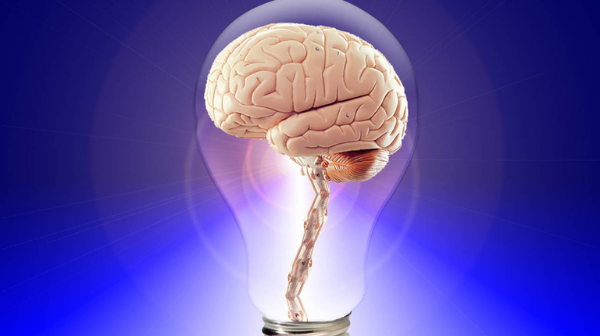Many people notice brain fog, commonly described as lack of concentration, focus, loss of memory, easily overwhelmed mentally, scattered thoughts.
This is not a natural part of aging so do not accept it as part of aging. You can do something about this.
I see many of my weight loss clients notice a big improvement in their “brain fog”. They notice they can maintain their focus for longer periods of time, they feel their thinking capacity is sharper, they are more productive, thinking faster, their memory improves and as a result they feel less tired at the end of the day.
A big reason for this with my clients is because they are eating “clean” meaning lots of veg, fruit, healthy proteins, fats, nuts and seeds and they are doing intermittent fasting. All of this supports healthy brain function, not to mention shedding some weight.
Some tips on how to improve brain fog:
- Get Off The Sugar:
and simple carbohydrates such as white bread, white rice, white pasta, white potatoes. All of these items spike blood sugar levels but also spike hormone insulin. The result is a more dramatic increase in glucose levels followed by a bigger dip.
This affects the brain causing lulls in concentration when the brain is using glucose for fuel. Also sugar contributes to inflammation which can happen in the brain. In fact some label dementia as a form of diabetes of the brain. - Drink More Water:
Cells need to be well hydrated so they can function well. If your cells are dehydrated, including brain cells, they will not function as efficiently. Imagine that you want your cells to be like nice plump grapes not shrivelled up raisins. - Do some Intermittent Fasting:
When fasting the body starts using fat for fuel rather than glucose which produces ketones. When the brain cells use ketones, it is a steady form of fuel but as well stimulates the production of Brain Derived Neurotrophic Factor which is a type of protein that improves brain function - Stop Multitasking:
The Brain cannot focus on multiple thoughts at once. It results in scattered focus. To concentrate deeply on something it takes 4 – 8 minutes to drop into a deeper concentration zone, measurable by change in brain wave patterns. Every time there is an interruption that pulls you out of that “zone” it will take another 4-8 minutes to refocus on the task you were doing. This actually takes a lot more energy and can contribute to mental exhaustion which can be described as brain fog.
So don’t accept “brain fog” as an acceptable way of being just because you are older. Lean in and start implementing some of these strategies I suggested above. You will be amazed at how quickly the fog can clear.
